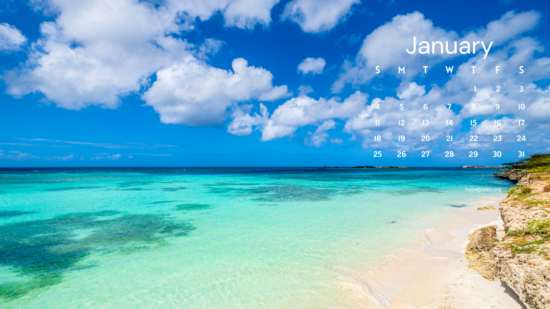The Supreme Court's ruling is a significant victory for activists and legal scholars who have long advocated decriminalization.
In a historic move, Brazil's Supreme Court has voted to decriminalize the possession of marijuana for personal use, positioning the nation as one of the last in Latin America to undertake such a reform.
This decision, finalized on Tuesday, signifies a monumental shift that could substantially reduce Brazil's overcrowded prison population.
The Journey to Decriminalization
Deliberations began in 2015, and with the final votes cast, most of the justices on the 11-member court have supported decriminalization.
The ruling, however, is not yet complete; the court must still define the maximum quantity of marijuana that can be considered for personal use and determine the implementation date, expected as early as Wednesday.
All of the justices have emphasized that decriminalization will only apply to possession amounts deemed suitable for personal use, while the sale of marijuana will remain illegal.
The Impact of Current Laws
In 2006, Brazil's Congress passed a law aimed at imposing alternative penalties, like community service, for individuals caught with small amounts of drugs, including marijuana.
However, the lack of a specific quantity in the legislation has led to ambiguity, with many individuals being arrested on trafficking charges despite carrying minimal amounts of drugs. This has contributed significantly to Brazil's swollen prison population.
Ilona Szabó, president of the Igarapé Institute, highlighted the issue: "The majority of pre-trial detainees and those convicted of drug trafficking in Brazil are first-time offenders, caught in routine police operations, unarmed, and with no evidence of any relationship with organized crime."
Legislative Pushback and Political Reactions
Despite the Supreme Court's decision, Brazil's Congress is resisting it and advancing proposals to tighten drug legislation.
Recently, the Senate approved a constitutional amendment criminalizing the possession of any quantity of illicit substances. This legislation would override the Supreme Court's ruling, although it could be challenged on constitutional grounds.
Rodrigo Pacheco, President of the Senate, has opposed the Supreme Court's decision, asserting that such matters should be resolved through the legislative process.
"There is an appropriate path for this discussion to move forward, and that is the legislative process," Pacheco stated, emphasizing the importance of broad public discourse.
Implications for Public Health and Justice
The Supreme Court's ruling is a significant victory for activists and legal scholars who have long advocated decriminalization.
Critics of the current legislation argue that users caught with small amounts of drugs are often convicted on trafficking charges and incarcerated in overcrowded prisons, where they are vulnerable to recruitment by prison gangs.
Cristiano Maronna, director of the civil society group JUSTA, remarked, "Today, trafficking is the main vector for imprisonment in Brazil."
Brazil's prison population is the third largest in the world, following the United States and China. As of December 2023, approximately 852,000 individuals were incarcerated in Brazil, with nearly 25% detained for possession or trafficking of drugs.
These figures are exacerbated by racial disparities, as Black citizens represent more than two-thirds of the prison population.
A study by Insper found that Black individuals were slightly more likely to be indicted as traffickers than their white counterparts when found with drugs.
Public Reaction and Future Steps
Public reactions to the Supreme Court's ruling have been mixed. While some celebrate it as a long-overdue reform, others, like Rio de Janeiro resident Alexandro Trindade, believe the decision should be put to a referendum.
"The Supreme Court is not the right place for such a decision. This should be submitted to a referendum for the people to decide," Trindade argued.
This ruling follows a trend seen in other Latin American countries where cannabis laws are evolving.
While Uruguay has fully legalized marijuana, and several U.S. states permit recreational use, other countries like Colombia and Argentina have taken steps to decriminalize possession but have not fully regulated its sale.
Brazil's Supreme Court's decision to decriminalize marijuana possession for personal use is a significant milestone in the nation's drug policy. I
t underscores the growing recognition that drug-related issues are matters of public health, not just criminal justice.
As Brazil navigates this new terrain, the impact of this ruling will be closely watched, potentially setting a precedent for further reforms in the region.




